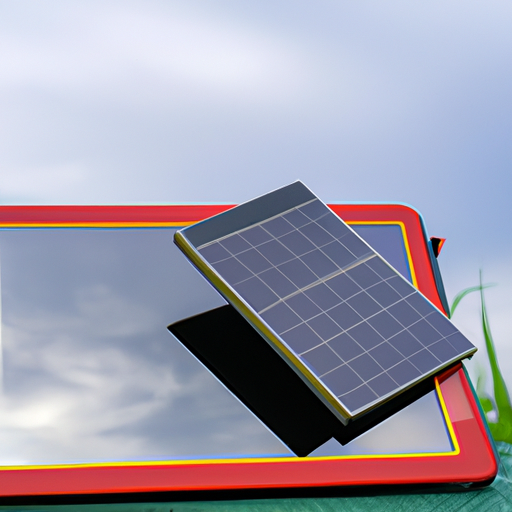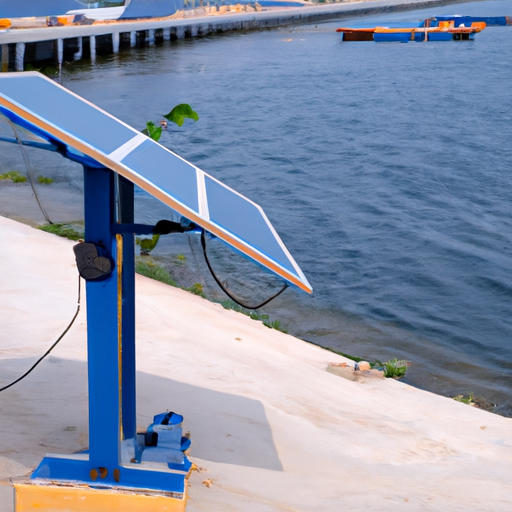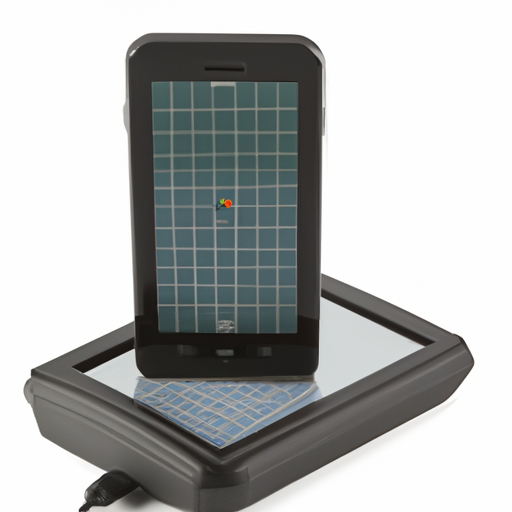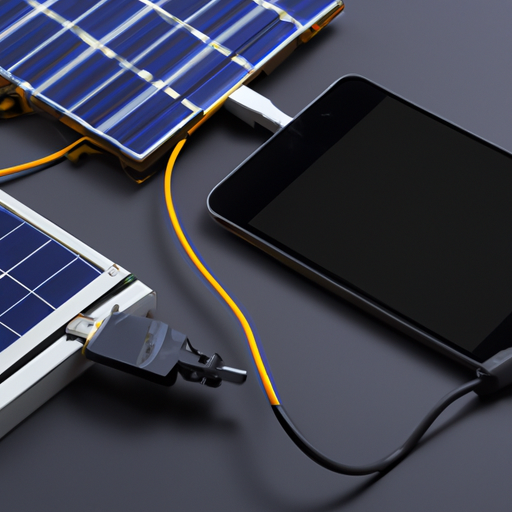Solar charging mobile power supplies have become increasingly popular in recent years as people look for more sustainable and environmentally friendly ways to power their devices. These devices use solar panels to convert sunlight into electricity, which can then be used to charge smartphones, tablets, and other electronic devices. In this article, we will discuss the market policies that govern the sale and use of solar charging mobile power supplies.
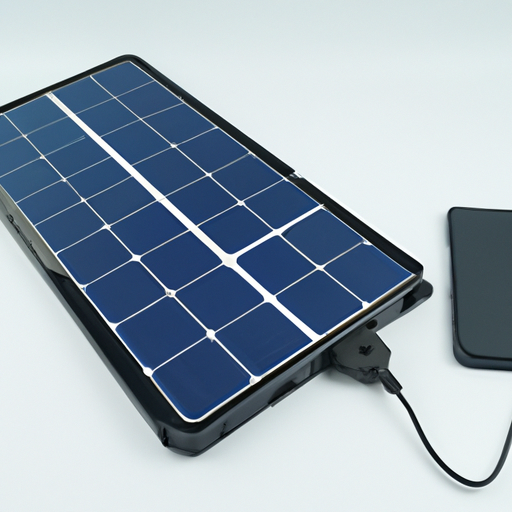
Another important market policy is the labeling and marketing regulations. Solar charging mobile power supplies must be labeled with important information such as the maximum power output, the efficiency of the solar panels, and any safety warnings. In addition, manufacturers must not make false or misleading claims about the capabilities of their products. This helps to ensure that consumers can make informed decisions when purchasing these devices.
In terms of pricing and competition, the market for solar charging mobile power supplies is relatively competitive. There are many manufacturers and brands offering a wide range of products at different price points. This competition helps to drive innovation and improve the quality of the devices available to consumers. However, some market policies, such as tariffs on imported solar panels, can impact the cost of these devices and affect the competitiveness of certain manufacturers.
Government incentives and subsidies also play a role in the market for solar charging mobile power supplies. Many countries offer tax credits, rebates, and other incentives to encourage the adoption of renewable energy technologies, including solar power. These incentives can help to make solar charging mobile power supplies more affordable for consumers and drive demand for these devices.
In terms of distribution and sales, solar charging mobile power supplies are sold through a variety of channels, including online retailers, electronics stores, and specialty solar retailers. Some manufacturers also offer direct sales through their websites. These devices are typically sold as standalone products or as part of solar power kits that include additional components such as solar panels and inverters.
Overall, the market for solar charging mobile power supplies is growing rapidly as consumers become more aware of the benefits of renewable energy. Market policies play a crucial role in ensuring that these devices are safe, reliable, and affordable for consumers. By adhering to certification and testing requirements, labeling and marketing regulations, and government incentives, manufacturers can help to drive the adoption of solar charging mobile power supplies and contribute to a more sustainable future.



